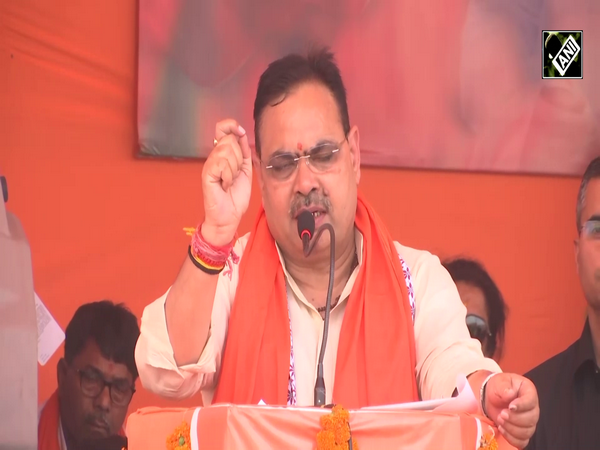China under lens over scientific fraud
Feb 14, 2021

Beijing [China], February 14 : China has led the world in research output in recent years, but most of these "discoveries" have never been verified, and there are growing doubts in government, the research community and the general public about their scientific or practical value.
According to an article in South China Morning Post (SCMP), in 2019, China spent USD 322 billion on research and development, second only to the US. But the reputation of Chinese scientists has been blighted by a series of scandals, from a massive retraction of medical papers by Chinese doctors to illegal modification of babies' genes, wrote Stephen Chen.
Recently, Pei Gang, one of China's top life scientists and chairman of the Chinese Academy of Sciences' research ethics committee, who shed light on how cells communicate with each other, was accused of fraud in 2019 over an experiment he conducted more than two decades ago.
His accuser, Rao Yi, president of Capital Medical University, said that he could not reproduce Pei's results, which raised questions about the credibility of Beijing's scientific output.
The case is based on an experiment Pei carried out in 1999 on the function of a cell membrane protein. Pei published his findings in the peer-reviewed journal, Proceedings of the National Academy of Sciences of the United States of America.
Following accusations of scientific fraud by Rao, Pei promptly took Rao to court for slander and a decision is currently pending, reported Chen.
In the meantime, the academy rejected Rao's accusation, with an expert panel led by Professor Zhong Nanshan, the nation's top science adviser on pandemic control, saying Pei's team had successfully repeated some "crucial steps" of the experiment.
That might have been the end of the matter but Rao requested another investigation involving Western scientists, including some Nobel Prize winners.
The request was immediately denied but to the authorities' surprise, the public sided with Rao. On social media platforms such as Weibo and Zhihu, many users hailed Rao as a hero. Furthermore, in a rare move, some state-controlled newspapers ran opinion pieces questioning the credibility of the academy, the nation's largest and most prestigious research organisation, reported SCMP.
Some researchers and science policy experts say that the Rao vs Pei case reflects the "reproducibility crisis" in the country, Chen added.
Duan Weiwen, director of the department of philosophy of science and technology in the Chinese Academy of Social Sciences, said Rao's "truth-seeking spirit" should be promoted and protected.
"Even people who disagree with Rao on this case have to admit we cannot achieve true independence in science or technology without fighting misconduct and fraud," added Duan.



















